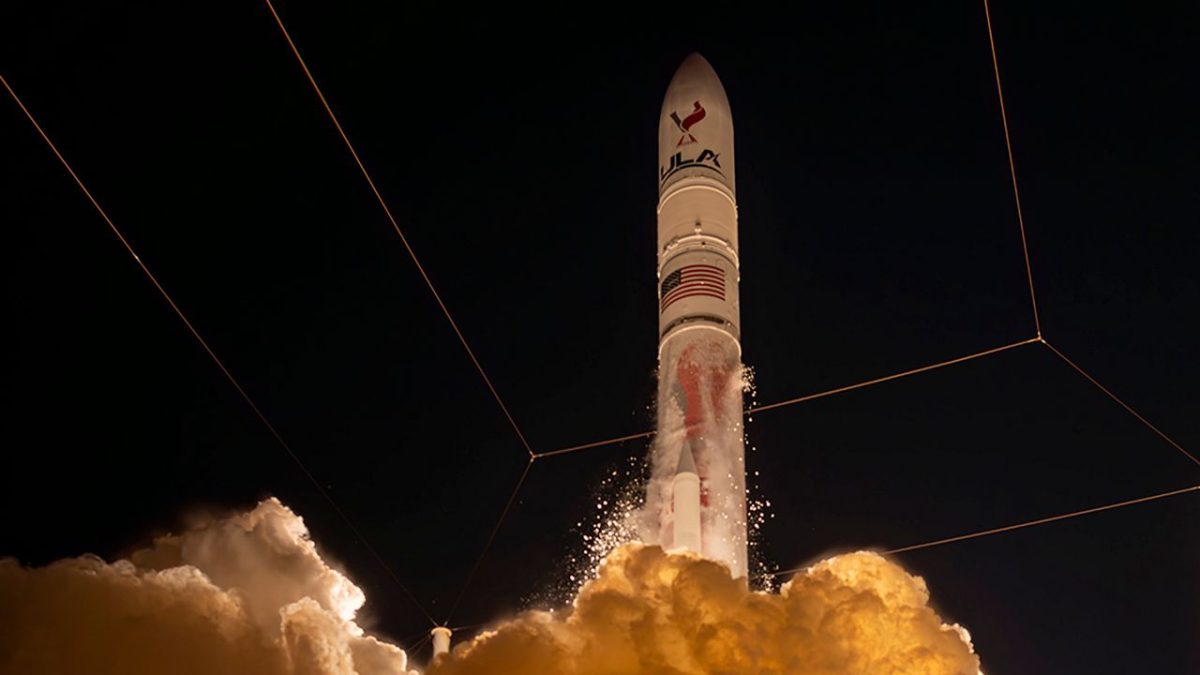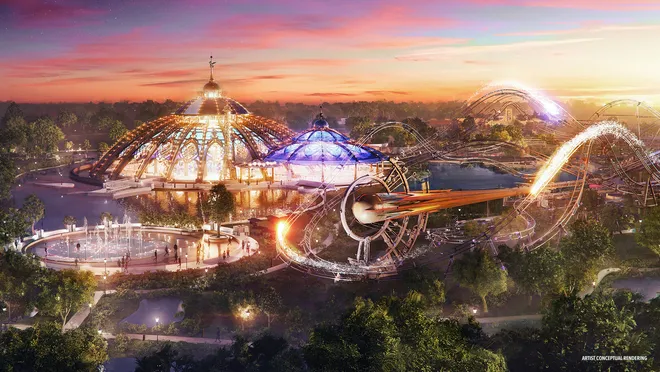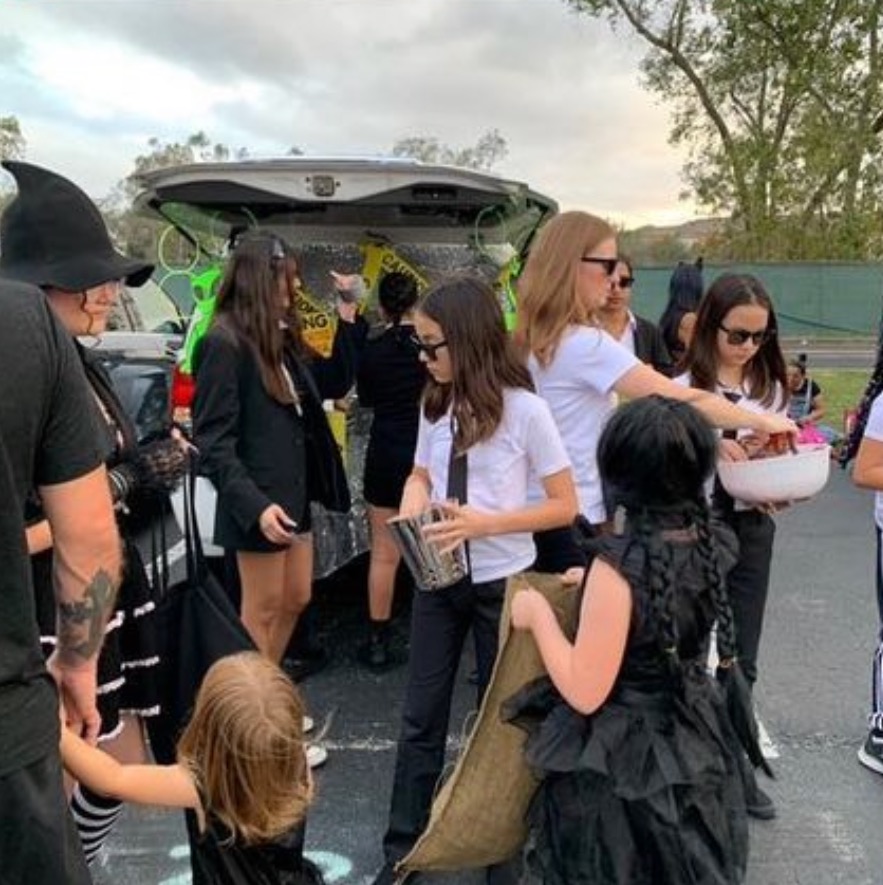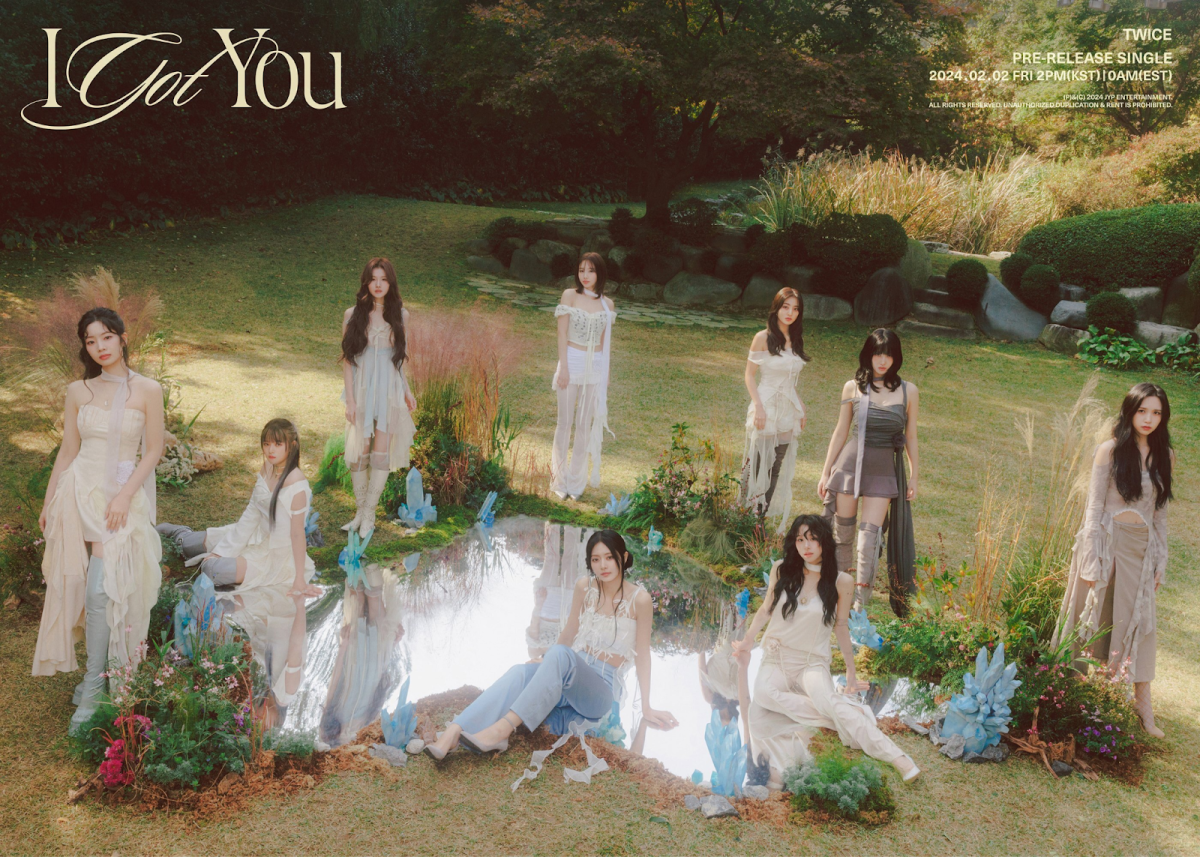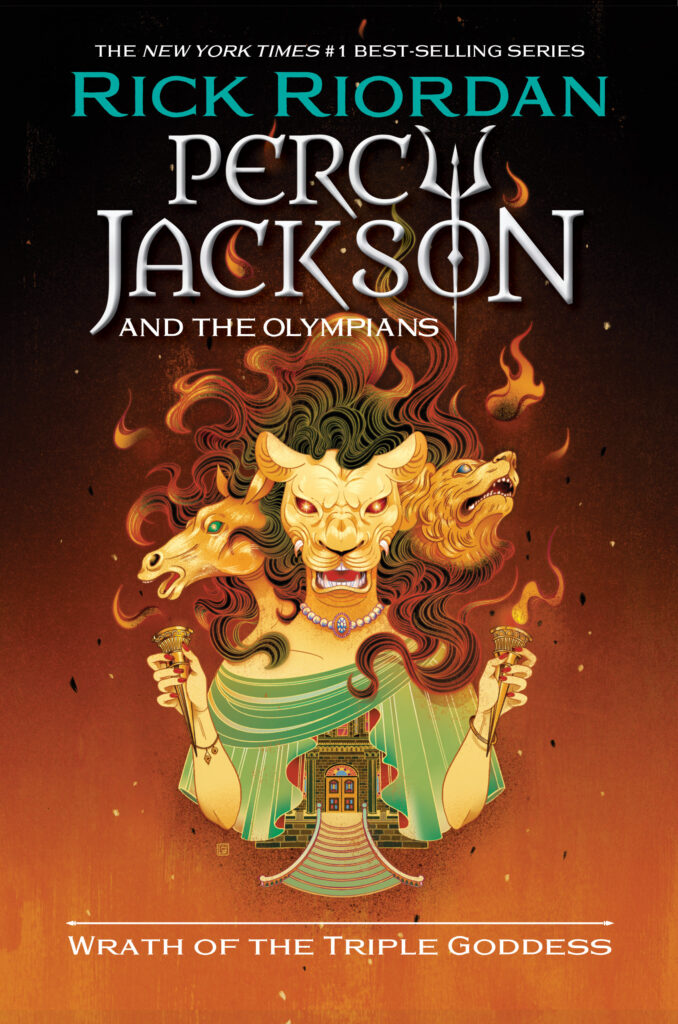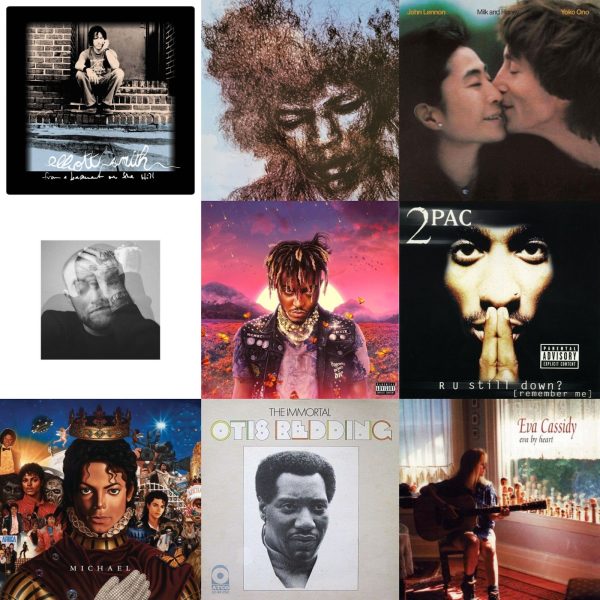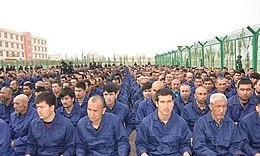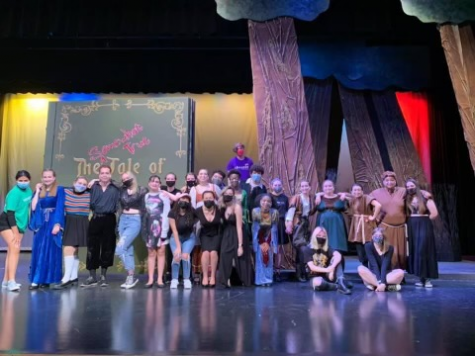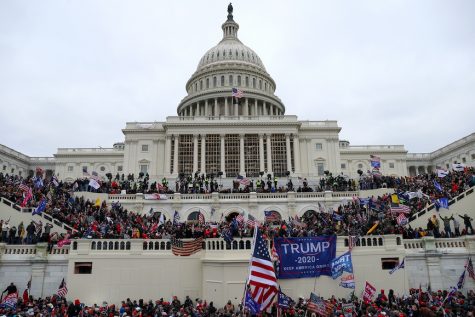Thanksgiving and the American Ideal
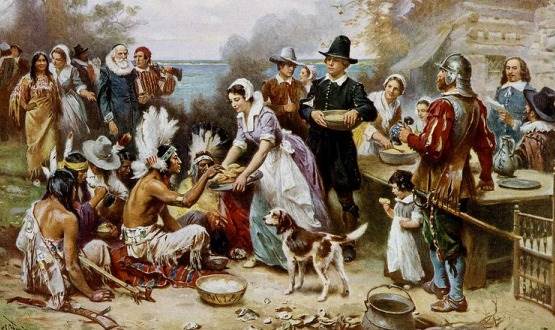
Thanksgiving celebrates the modern, American society.
November 16, 2017
With Thanksgiving right around the corner, the question again comes up of what the popular holiday actually celebrates. Although Thanksgiving is not seen as a religiously affiliated holiday to the general public, its roots stem from the Pilgrims giving thanks to God after their first harvest in the New World in 1621. In fact, in 1864, when President Abraham Lincoln declared the last Thursday in November a national holiday, he proclaimed it a day of “Thanksgiving and Praise to our beneficent Father who dwelleth in the Heavens.”
In today’s society, Americans tend to focus on the story of the Pilgrims feasting alongside Native Americans and look to it as a sign of the benevolent ideal in America—the idea of cooperation, acceptance, and prosperity.
On the other hand, some see Thanksgiving in a more negative light, viewing the holiday as a celebration of the Pilgrims’ success in the New World at the sake of the neighboring Native American tribes. It is no secret that the majority of America’s early history involves the terrible misfortune of the tribes who initially populated the continent. Therefore, some view Thanksgiving in a cynical light.
However, to me, Thanksgiving provides the opportunity for Americans to come together with their friends and family to celebrate their country with good food and comradery. Although America has had a tumultuous past in relation with Native Americans, over the years, America has evolved into something more than the white, European expansionists of the 16th century. We have become a nation of many backgrounds, and our holiday of Thanksgiving has evolved alongside the country into a day of celebrating our differences, as our family and friends unite over turkey, stuffing, and cranberry sauce.




